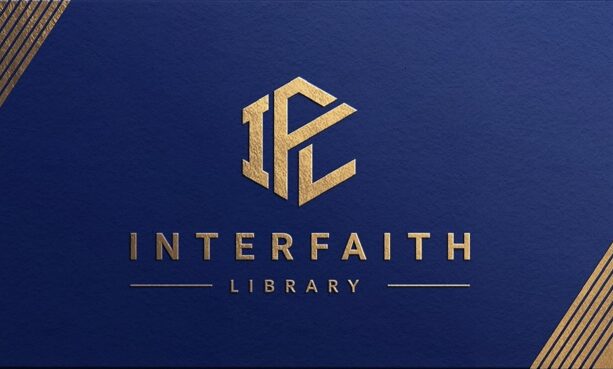Envisioning a Harmonious Multi-faith World

In an age where divisions seem to define our existence, the very act of yearning for a harmonious multi-faith society can be seen as both audacious and revolutionary. Is it wrong to dream of a world where diverse beliefs coexist not merely in tolerance but in vibrant collaboration? This vision challenges us to dismantle the barriers that separate us and to embrace the richness of our shared humanity.
The idea of interfaith and multi-faith communities living in cooperation is not merely a utopian fantasy; it is a radical call to reimagine our collective future. We are living in a time where the clash of ideologies has often led to conflict and misunderstanding. Yet, what if we could transcend these differences and cultivate an environment where respect for each other’s traditions and cultures is the norm?
To visualize such a world is to acknowledge the complexity of faith and identity. It requires us to confront our own biases and assumptions, to step outside the echo chambers of our belief systems. It is easy to cling to the familiar, to retreat into the comfort of our own communities. But the true challenge lies in extending our hands to those whose beliefs may initially seem foreign or even threatening. This act of reaching out is not an act of betrayal to our own identities; rather, it is an affirmation of our shared humanity.
Imagine a community gathering where the fragrance of diverse cuisines fills the air, each dish a story steeped in tradition. Picture dialogues that spark curiosity rather than contention, where questions about faith are met with openness and eagerness to learn. This is not a world devoid of disagreement; rather, it is one where disagreement is seen as an opportunity for growth, a stepping stone towards deeper understanding.
We often hear that “faith is personal,” yet this very notion has been weaponized to justify isolationism. To live in a multifaith world means to understand that faith can also be communal, a collective journey toward meaning and connection. By sharing in each other’s rituals and celebrations, we can create a new narrative—one that is richer and more profound than any singular belief could provide.
However, the path toward this envisioned world is fraught with challenges. Fear is a powerful barrier, often rooted in ignorance. The media frequently amplifies narratives that pit one faith against another, painting a picture of perpetual conflict. Yet, there are countless stories of interfaith initiatives around the globe that challenge this narrative, proving that cooperation is not just possible but transformative.
Moreover, the urgency of this vision is underscored by the global crises we face—climate change, social injustice, and inequality know no religious boundaries. Addressing these issues requires a unified front, a collective effort harnessed by our shared values and goals. When communities come together, drawing strength from their diverse perspectives, they can innovate solutions that are not only effective but also inclusive.
This is not about erasing differences or insisting on a homogenized worldview. It is about celebrating the unique contributions that each faith community brings to the table. The beauty of a multifaith society lies in its potential for dialogue and mutual enrichment. When we engage with one another, we cultivate empathy, dismantling the prejudices that often fuel conflict.
As we envision this world, we must also grapple with the question of power dynamics. In striving for harmony, we must be vigilant against the subtle hierarchies that can emerge. True cooperation involves listening to marginalized voices and ensuring that all traditions are honored and respected, not just the dominant narratives. This requires humility and a willingness to learn from those who have been historically sidelined.
Ultimately, the desire for a harmonious multifaith community is not just a dream; it is a call to action. It urges us to become architects of change, to challenge the status quo, and to envision a world where our differences are seen not as obstacles but as opportunities for collective growth.
So, is it wrong to want to live in such a world? If anything, it is a testament to the resilience of hope in a world that often seems steeped in despair. It is a bold declaration that there is a different way—a way that prioritizes understanding, mutual respect, and the unshakeable belief that, despite our differences, we are all part of the same human family. In this light, the quest for a harmonious multifaith existence becomes not just a vision, but a necessity for our survival, growth, and flourishing as a global community.
